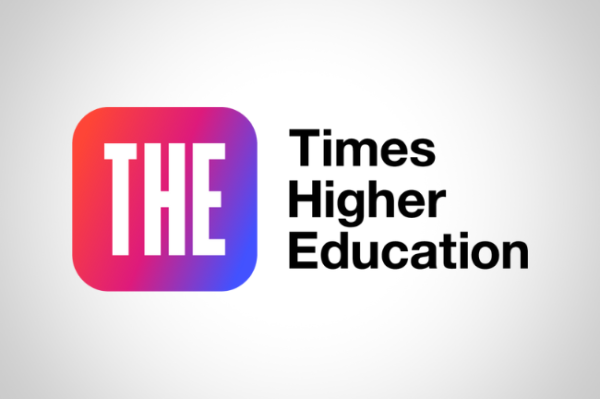You have /5 articles left.
Sign up for a free account or log in.
Universities should exercise caution as they outsource more functions to artificial intelligence (AI), according to the authors of a study that links student usage of ChatGPT to loneliness and a reduced sense of belonging.
Australian researchers surveyed 387 university students in different parts of the globe to seek to understand the “less understood side effects” of the rapid uptake of the OpenAI tool since its launch in November 2022.
They found “evidence that while AI chatbots designed for information provision may be associated with student performance, when social support, psychological well-being, loneliness and sense of belonging are considered it has a net negative effect on achievement,” according to the paper published in Studies in Higher Education.
Alongside ChatGPT—which is primarily used by students for help with academic tasks—universities have adopted a range of chatbots to help with other processes, including in admissions and student support.
“It seems students may be seeking out AI help instead of librarians, student advisers and counsellors, and this means universities have no visibility from a whole-of-student continuity of care perspective,” said Joseph Crawford, a senior lecturer in management at the University of Tasmania and one of the authors of the study.
“Universities could save money deploying these tools at the expense of students spending time building their social skills and social capital.”
The study found that students who reported using ChatGPT more displayed some evidence of feeling socially supported by the AI, explained Dr. Crawford, who worked on the paper with Kelly-Ann Allen and Bianca Pani, both of Monash University, and Michael Cowling, based at Central Queensland University.
But the paper also shows that increased chatbot usage led to human relationships weakening “possibly without users even realizing.”
Those who got their support from friends and family reported reduced loneliness, higher grade performance and were less willing to leave university than those who reported being socially supported by the AI.
Crawford said it was still “not completely clear whether AI use causes lower performance, or whether students experiencing lower performance turn more often to AI.”
But he recommended that universities should find ways to promote peer networks, social opportunities for students and other ways of building social connections as a way of insulating them from some of the more negative effects of AI use.





